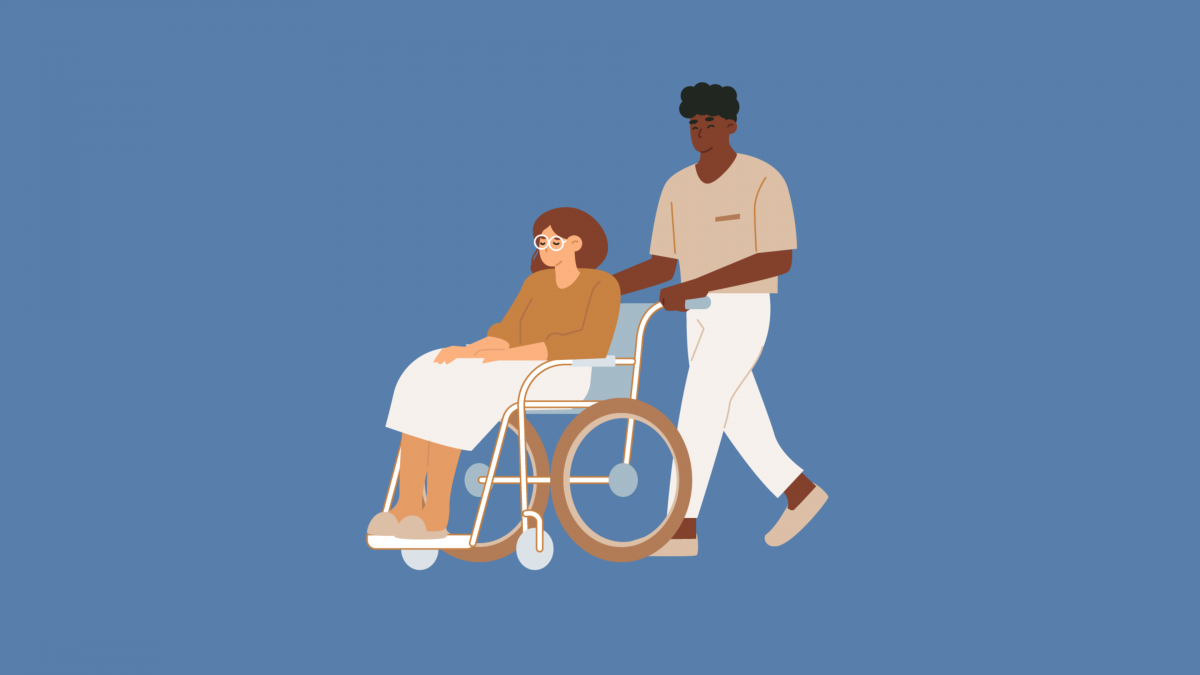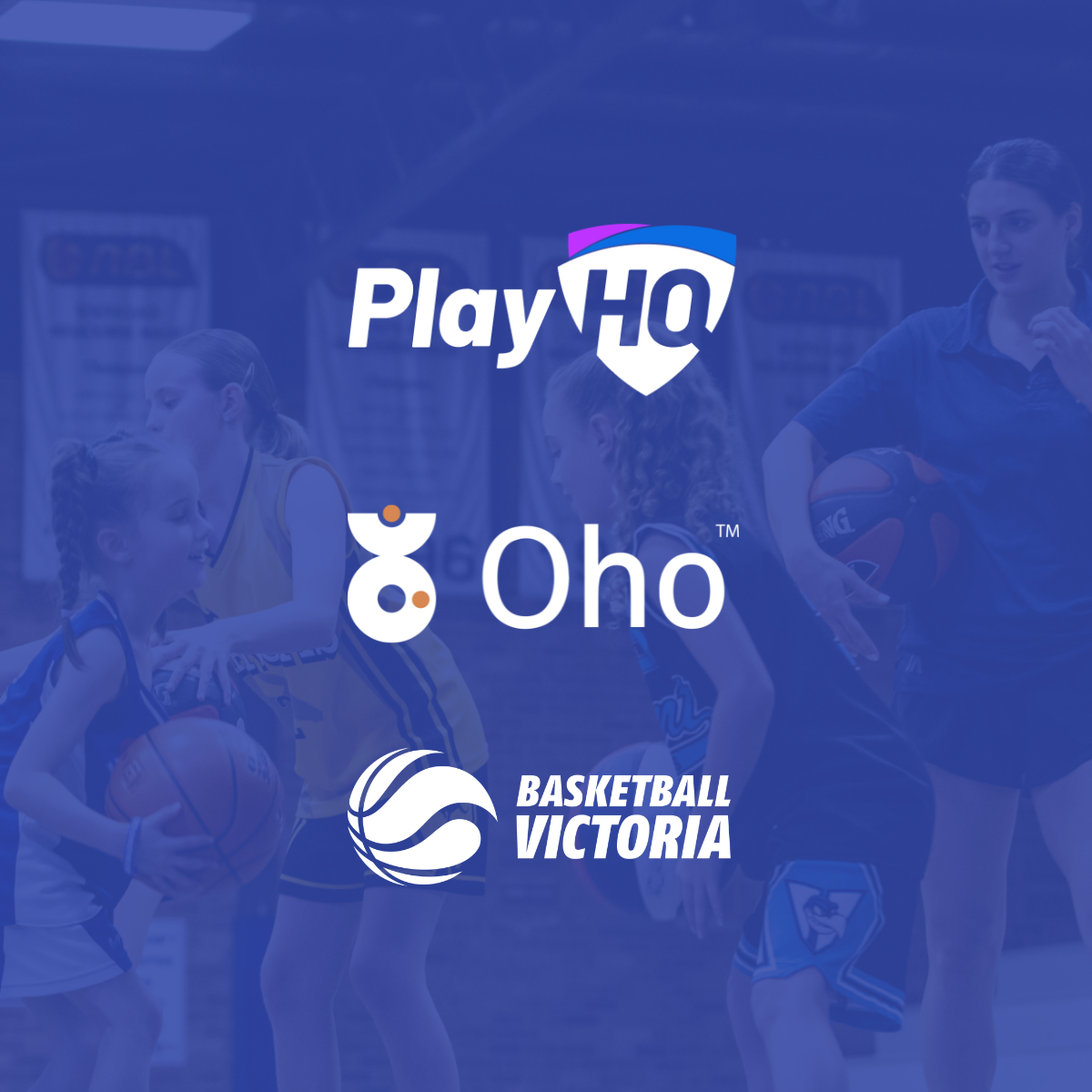Oho uses the information you provide us with to contact you about relevant content, products and services. You may unsubscribe at any time. For more information, see our Privacy policy.
Recruitment in Disability Care, How Technology can Improve Speed to Hire and Strengthen Workforce Quality

Recruiting skilled and compassionate professionals in the disability care sector is both vital and challenging. As demand rises for qualified workers in the field, HR departments face increasing pressure to streamline hiring processes without compromising on quality.
Technology is stepping up as a critical partner in solving these challenges, offering tools that reduce hiring time while improving the quality of new hires.
The Current Recruitment Landscape in Disability Care
Finding people who meet the unique recruitment criteria for Disability Care is no small feat—especially when balancing the needs of regulatory compliance.
Compliance in disability care often involves verifying credentials, ensuring up-to-date registrations and qualifications, and conducting background checks, all of which are critical in safeguarding the vulnerable populations being served.
Manual systems, from Excel spreadsheets to paper documentation, may slow down hiring and increase the risk of errors, further delaying the placement of qualified candidates. Many of these steps can cause bottlenecks and consequently impact the process to hire.
How Technology Accelerates Recruitment
New technology solutions are transforming these outdated processes. By automating parts of the hiring and credentialing workflow, HR teams in disability care can focus on selecting the best candidates rather than managing paperwork. Here are some ways tech makes recruitment faster and more efficient:
- Applicant Tracking Systems (ATS)
An ATS centralises the recruitment process by managing applications, screening resumes, and tracking candidates through each stage of hiring. In disability care, where finding suitable candidates quickly is a priority, an ATS helps streamline workflows and reduce bottlenecks.
Additionally, integrating ATS with reference check, credential verification and HRIS systems can create a smoother, faster recruitment process. - Reference Check Providers
Automated reference check systems play a crucial role in verifying the reliability and experience of potential hires, an essential step in the disability care sector. These systems streamline the reference-checking process by automating requests, follow-ups, and evaluations, providing timely and structured feedback on candidates. - Automated Right-to-Work Credential Verification
Traditional credential verification processes are often manual and time-consuming, and some technology providers that conduct these checks for you, also do this manually. Automated systems like Oho now provide near-instant right-to-work credential checks, ensuring candidates meet eligibility requirements quickly.
This efficiency is critical for sectors like disability care, where each role demands unique qualifications that are a MUST-HAVE before they can commence their employment. Automated credential verification doesn’t just accelerate recruitment but reduces the chances of errors and significantly reduces the risk associated with hiring someone, allowing HR teams to focus on high-impact decision-making. - Integrations between systemsIntegrating recruitment technology with a Human Resources Information System (HRIS) can eliminate the need for manual data transfers, reducing the risk of data entry errors and improving data consistency.
Many disability care providers are managing multiple systems across the organisation. Integrating these system with one another streamlines the flow of data and information and supports an organisation to deliver quality care.
For instance, integrating ATS, credential verification, and background check systems with an HRIS creates a unified hiring and management workflow, improving data accuracy, security, efficiency and enhancing the quality of candidate selection.
Improving the Quality of Hires Through Tech
While speeding up recruitment is essential, quality can’t take a backseat—especially in disability care, where the right skills and attitudes directly impact the quality of support provided. Here’s how tech supports a better fit between candidates and roles:
- Pre-Employment Assessments: Advanced recruitment systems often integrate tools to assess candidates’ compatibility with the demands of disability care. This can help to ensure that new hires not only meet compliance requirements but also align with the core values of the role.
- Data-Driven Decision Making: Automated recruitment systems collect data throughout the hiring process, which HR teams can utilise to make informed decisions that improve both recruitment speed and quality.
- Enhanced Candidate Experience: A smooth, tech-enabled hiring process also improves the candidate experience, which can reduce the risk of losing strong candidates due to delays or frustration.
As demand continues to grow, the disability care sector faces an ongoing challenge: how to recruit, onboard, and retain skilled professionals at scale.
Technology not only improves hiring speed and quality but also strengthens the foundation of care organisations by building a compliant, well-prepared workforce that can meet the sector’s growing needs.
A system like Oho can reduce the administrative burden of the HR team and improve credential verification from a compliance, safeguarding and operational perspective. Oho provides near-instant verification on recruitment for right-to-work credentials including NDIS Worker Screening Check, AHPRA Registrations, VEVO Visa Entitlement, Working with Children Checks and more.



